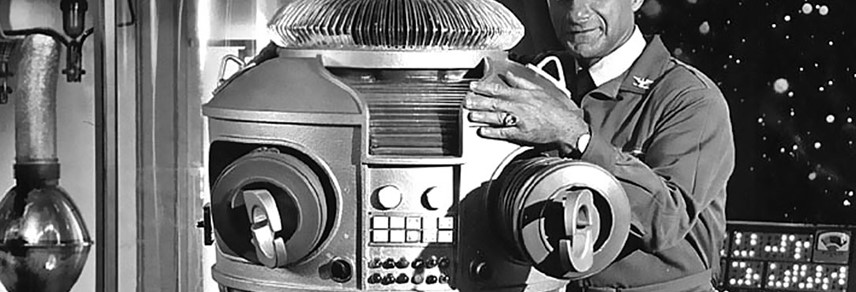
RISE OF THE ROBOTS
The proliferation of artificial intelligence is a hot topic in comms. But, asks communications consultancy Instinctif, what could a rise in workforce robotics mean for business culture?
Karl Schulenburg, chief technology officer, Reason
In the industrial revolution many industries shrank, and many new industries were born. Although frustrating for the legacy industries, the benefits for society were undeniable. This is not new territory for us, and a semi-robotic workforce will only increase our potential to move faster, be safer, and become more productive. The dilemma about the human workforce losing its purpose should be seen as an opportunity rather than with doom and gloom sometimes associated with these developments. This is also a chance for humanity to increase the labour force and output which could have a dramatic impact in less fortunate regions, for example autonomous housing construction and agriculture to support 100% of the global population instead of just the 20% living above the poverty line. We are already engaging a semi-robotic workforce in many sectors, and I imagine our future engagement will be a gradual extension of this.
Already, the automotive sector is rapidly moving towards robotically-automated assembly lines and supermarket checkouts are limiting their use of human service in favour of self-checkout machines. This transition in culture has moved from ‘if’ to ‘when?’ to ‘how fast?’ – the answer is very quickly, and society is generally embracing this shift.
Frank Wolf, co-founder, Staffbase
Human interaction will always be the heart of internal communications. But the merging of human interaction with AI will generate boundless improvements in the lives of our customers – automating tasks, analysing thinking and using algorithms to immediately answer common queries. AI will help employees do their jobs with greater accuracy, control and precision, influencing behaviours and offering instant feedback. AI will improve processes and encourage us to develop new skills and refine existing behaviours. Smart systems will help our customers deliver even more personalised experiences to their workforce. AI will automate processes, not jobs. Internal communications will support employees continuously as they grow in their roles, and we will provide the perfect platform to evolve on a large scale. The possibilities of a semi-robotic workforce in software and internal comms are awesome.
Combining cyber and human intelligence, and aligning both behind common goals, will revolutionise how we work together. Communications, engagement and employee education will become critical as organisations experience constant change; HR and internal communications professionals will be at the helm of this transformation. Their roles will be even more critical to company success, and we will see increased attention and resources in these departments in the near future.
Tom Clive, associate partner, Sermelo
The workforce of today is becoming more and more insecure when it comes to the power of robotics and the potential to displace humans. According to a PwC report, 37% of people are now worried about automation putting their jobs at risk – a figure likely to increase year on year. With this heightening sense of insecurity, demonstrating empathy and emotional intelligence will become even more important when it comes to engaging a semi-robotic workforce.
While working among robots, human employees must never be made to feel like robots. In fact, a clear distinction must always be made and sometimes even exaggerated. The human workforce must be encouraged to demonstrate creativity and leadership, and robots must be positioned as a stimulator and supporter of this, not a threat.



